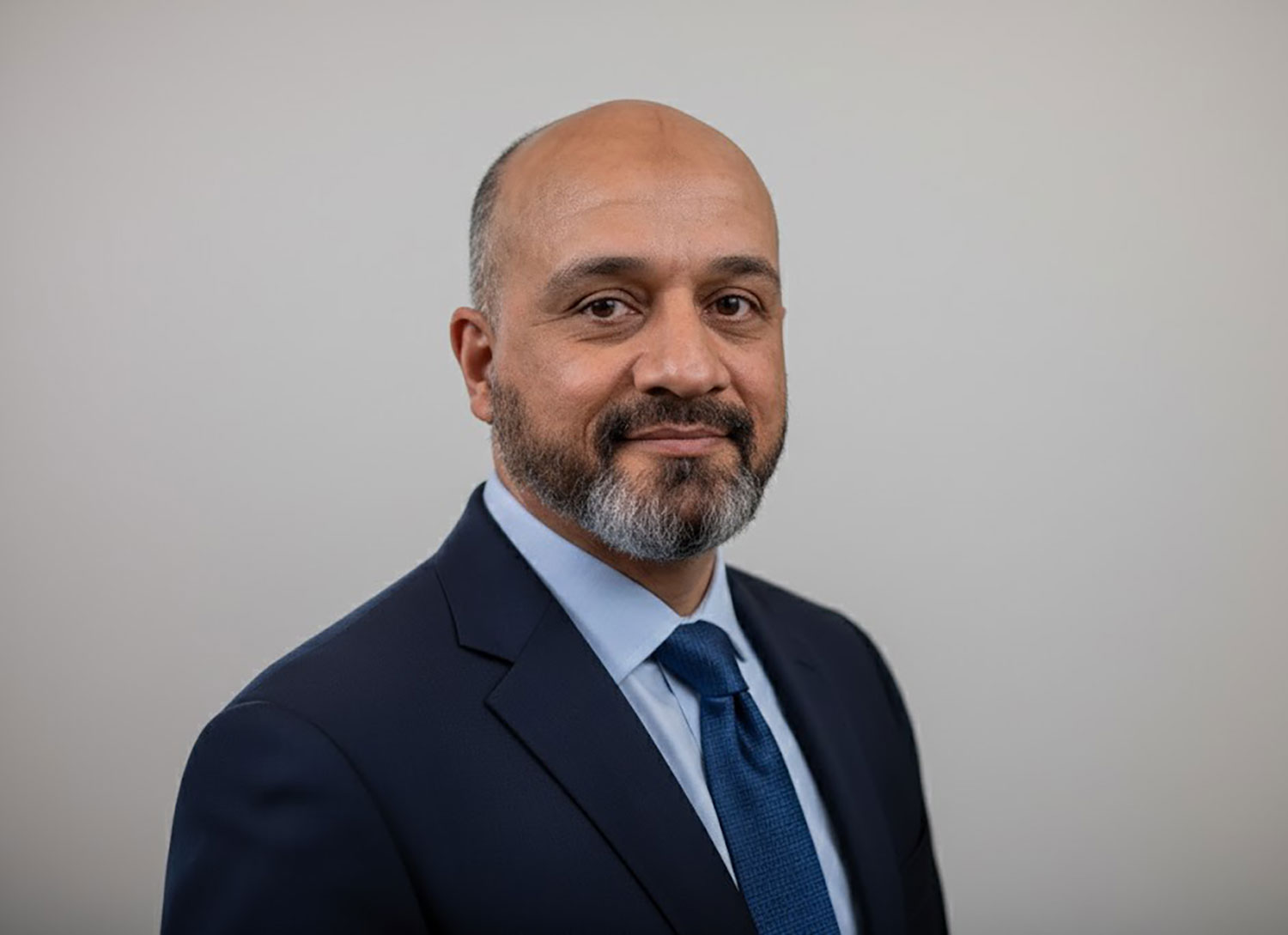- Prospective Applicants
-
Current PhD Researchers
- Careers and Opportunities
- Careers
- Go Global
- Science Shop
-
Supervisors
- Find a PhD
- PhD Manager
Internet of Things (IoT) devices are increasingly trusted to manage critical infrastructure such as energy, transport, and health. This rapid increase in IoT devices poses serious security risks and increases opportunity of the network being counterfeited, hacked or cloned. In a dynamic environment, such as IoT, it is important that a device can trust that it is communicating with other devices that are reputed, legitimate and trustworthy. Devices are vulnerable to risks because of unknown, incomplete, or distorted information about each other. To address this issue one way is to use the methodology of device reputation calculations.
If a single device is compromised or hacked, in such an interconnected network, this can pose a serious threat, potentially compromising the whole infrastructure and may cause significant damage. Damage may include resource unavailability, which could also cause a life-threatening situation in critical applications such as healthcare. The aim of this PhD project is to enable a robust, distributed, edge-based model for IoT trust and reputation to protect it from being attacked or hacked.
The framework will calculate the trust and reputation of IoT devices based on their characteristics learned over time. These characteristics can be calculated from the device interaction history. The example classes of these characteristics could be the device type, its functionality or role, level of trust (i.e. authenticated or unauthenticated device) etc. Moreover, some other characteristics could be calculated using the cooperative ratings of the interconnected devices, for example the honest and trustworthy nodes in the network will share their experiences and ratings of the devices with whom they interacted.
The framework will consist of an Artificial Intelligence module that will learn the behaviour of the IoT devices by using these characteristics to predict and classify the trustworthy or malicious devices. As the expected amount of data from the IoT network will be huge in size. Therefore, the scalability of deep learning, ensembles, and deep reinforcement learning models with large volumes of data will play an important role in the construction of highly precise framework.
Applicants should hold, or expect to obtain, a First or Upper Second Class Honours Degree in a subject relevant to the proposed area of study.
We may also consider applications from those who hold equivalent qualifications, for example, a Lower Second Class Honours Degree plus a Master’s Degree with Distinction.
In exceptional circumstances, the University may consider a portfolio of evidence from applicants who have appropriate professional experience which is equivalent to the learning outcomes of an Honours degree in lieu of academic qualifications.
If the University receives a large number of applicants for the project, the following desirable criteria may be applied to shortlist applicants for interview.
The University offers the following levels of support:
The following scholarship options are available to applicants worldwide:
These scholarships will cover full-time PhD tuition fees for three years (subject to satisfactory academic performance) and will provide a £900 per annum research training support grant (RTSG) to help support the PhD researcher.
Applicants who already hold a doctoral degree or who have been registered on a programme of research leading to the award of a doctoral degree on a full-time basis for more than one year (or part-time equivalent) are NOT eligible to apply for an award.
Please note: you will automatically be entered into the competition for the Full Award, unless you state otherwise in your application.
The scholarship will cover tuition fees at the Home rate and a maintenance allowance of £19,000 (tbc) per annum for three years (subject to satisfactory academic performance).
This scholarship also comes with £900 per annum for three years as a research training support grant (RTSG) allocation to help support the PhD researcher.
Due consideration should be given to financing your studies. Further information on cost of living
Submission deadline
Friday 5 February 2021
12:00AM
Interview Date
Week Beginning 22nd March 2021
Preferred student start date
Mid-September 2021

Telephone
Contact by phone
Email
Contact by email